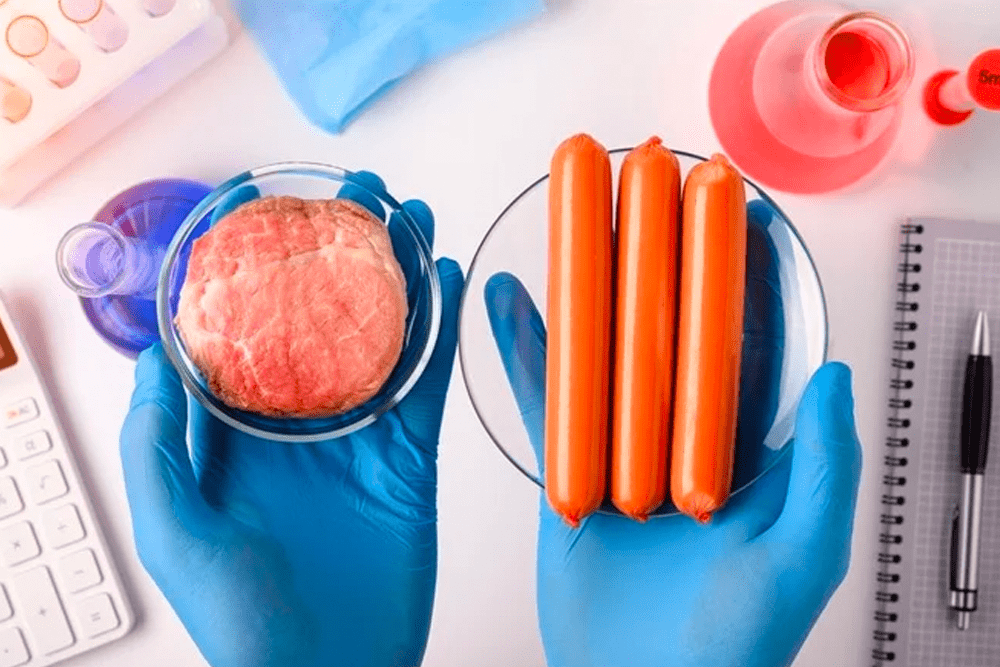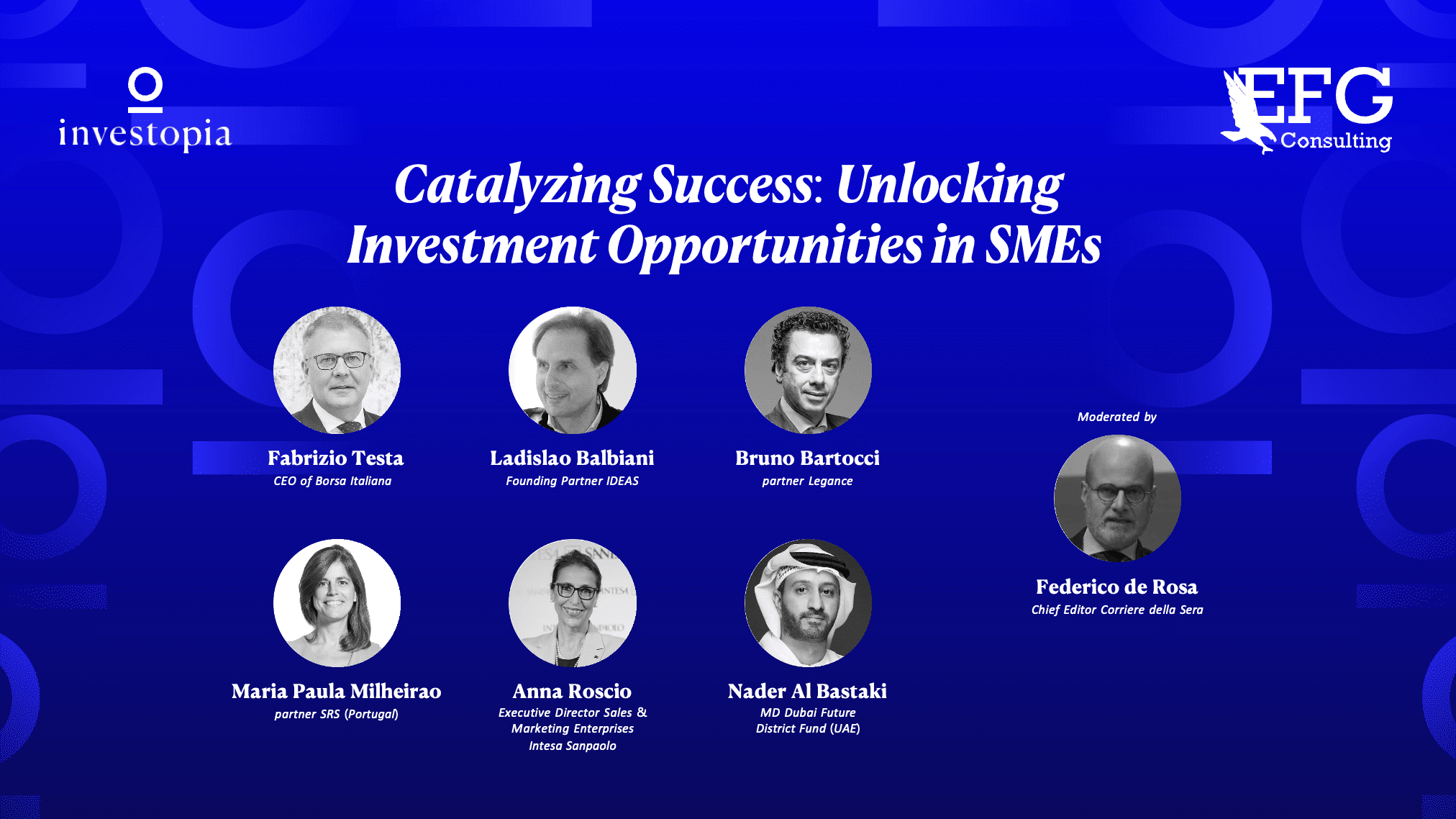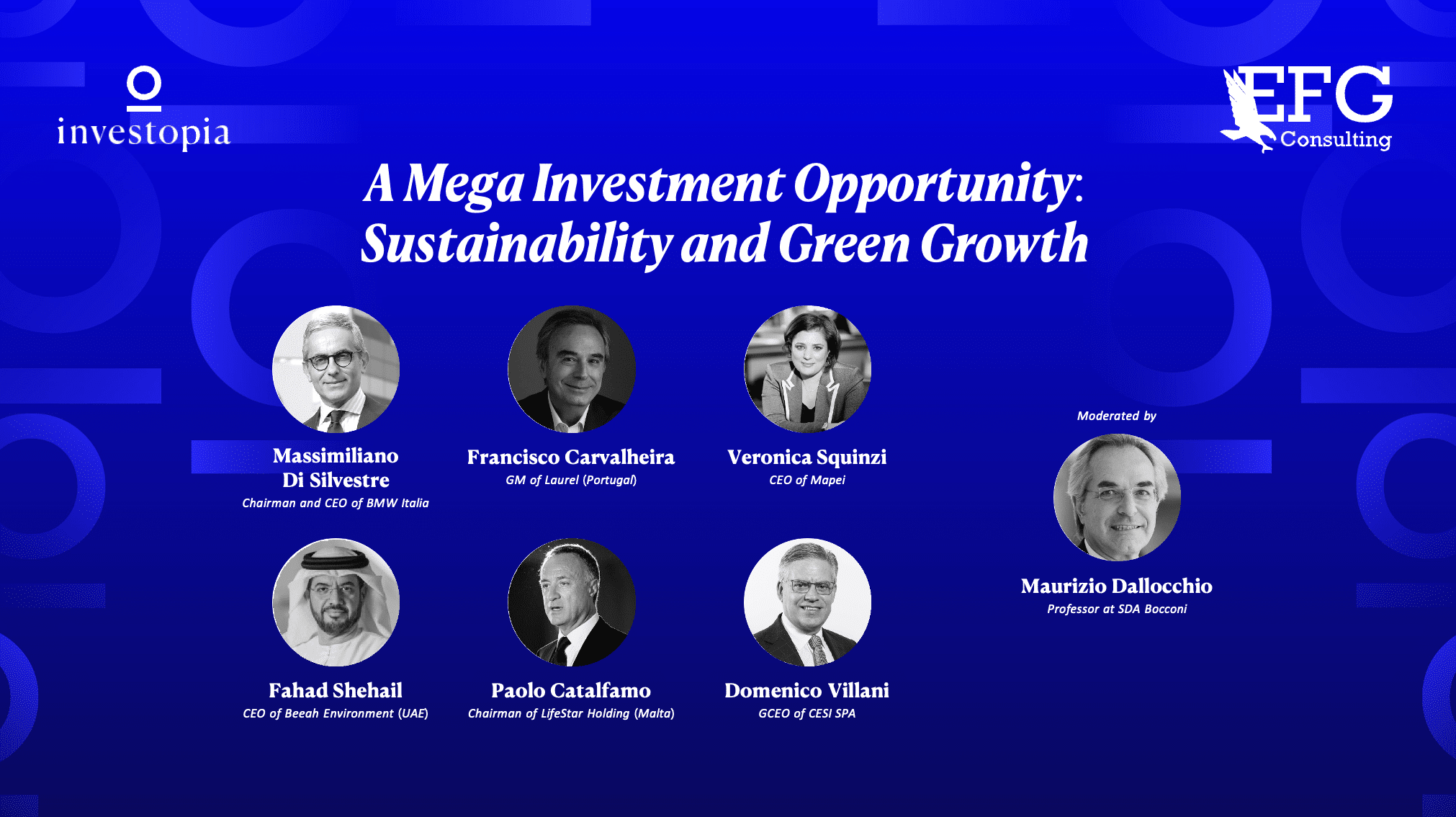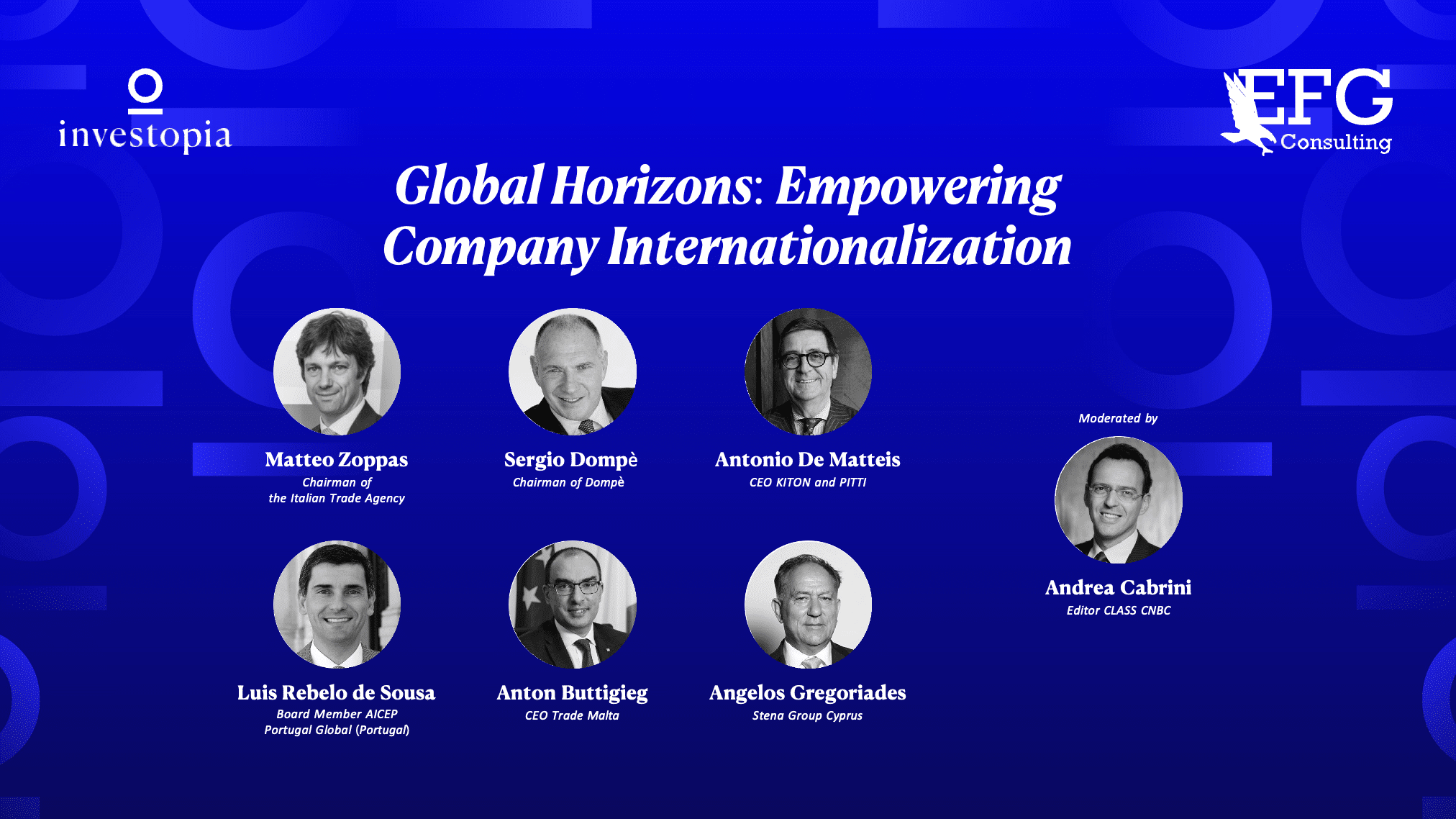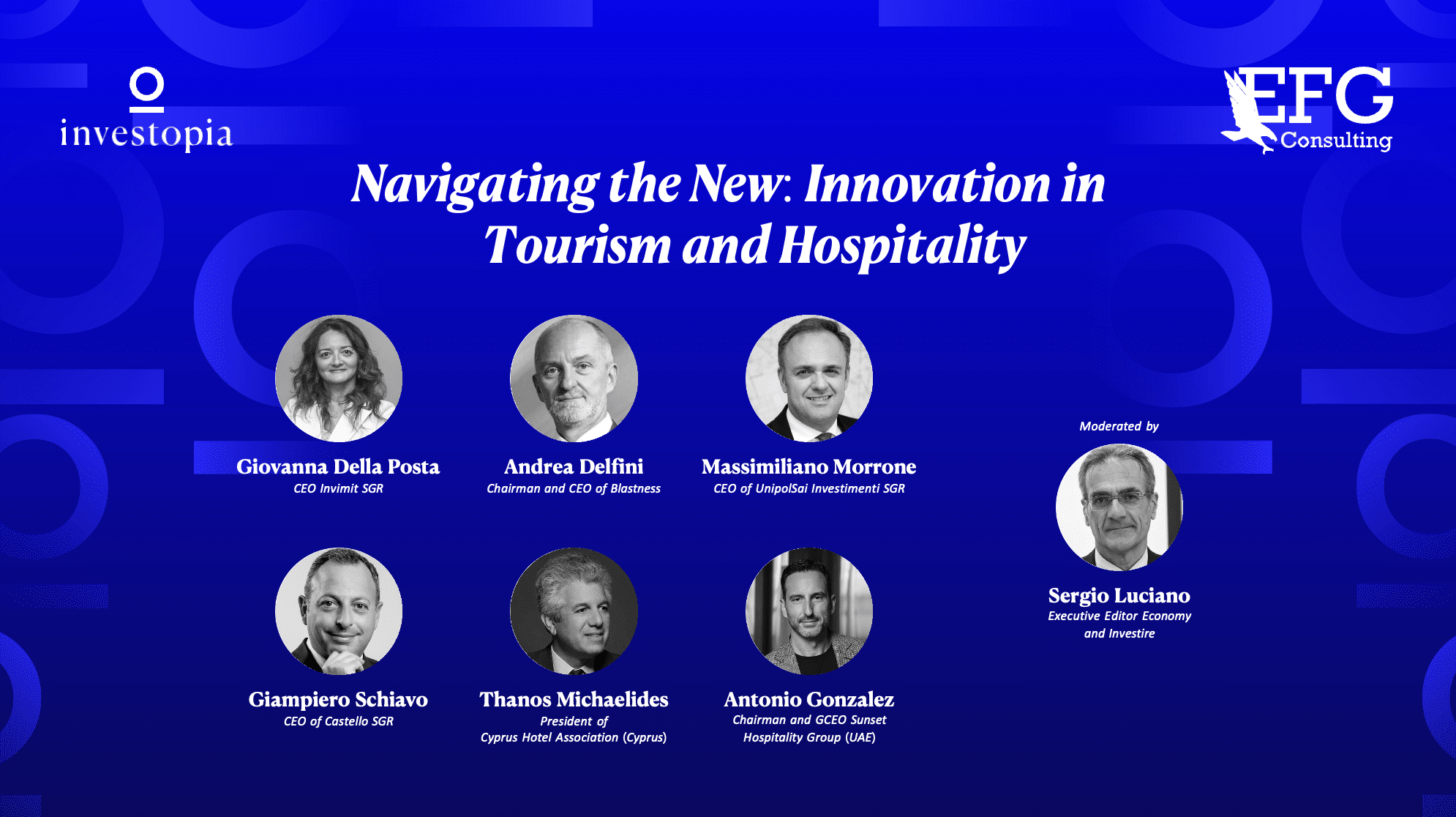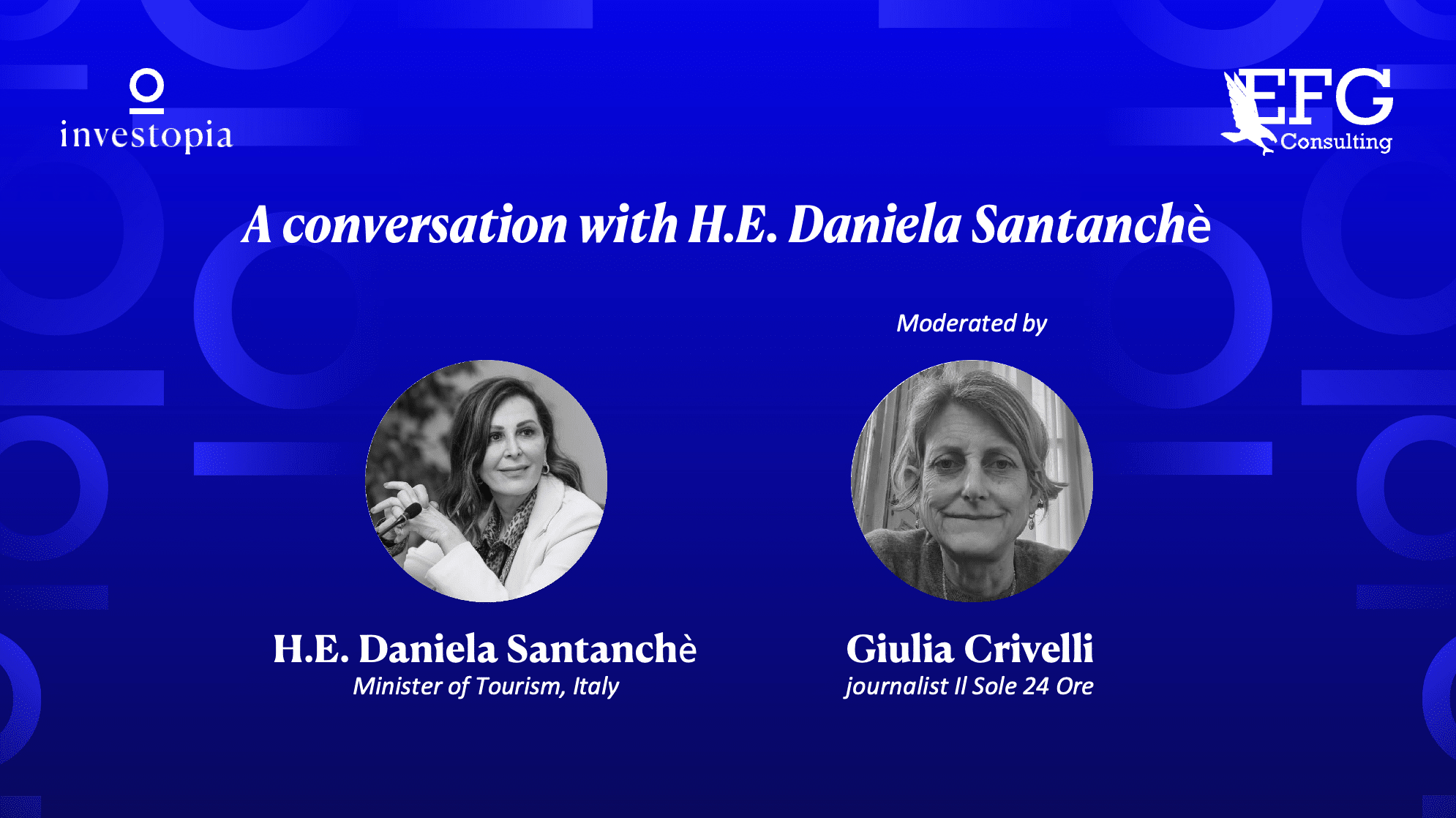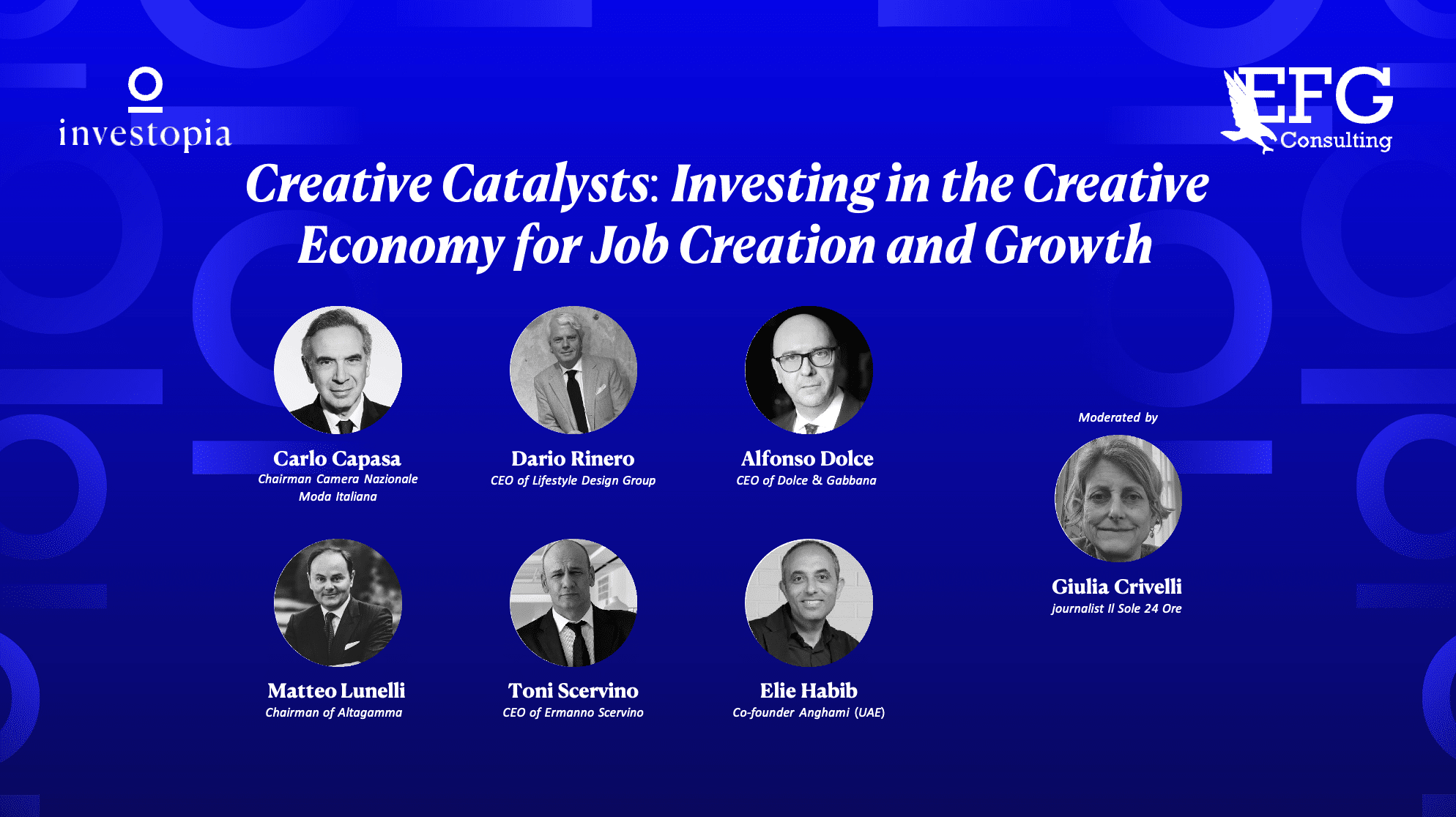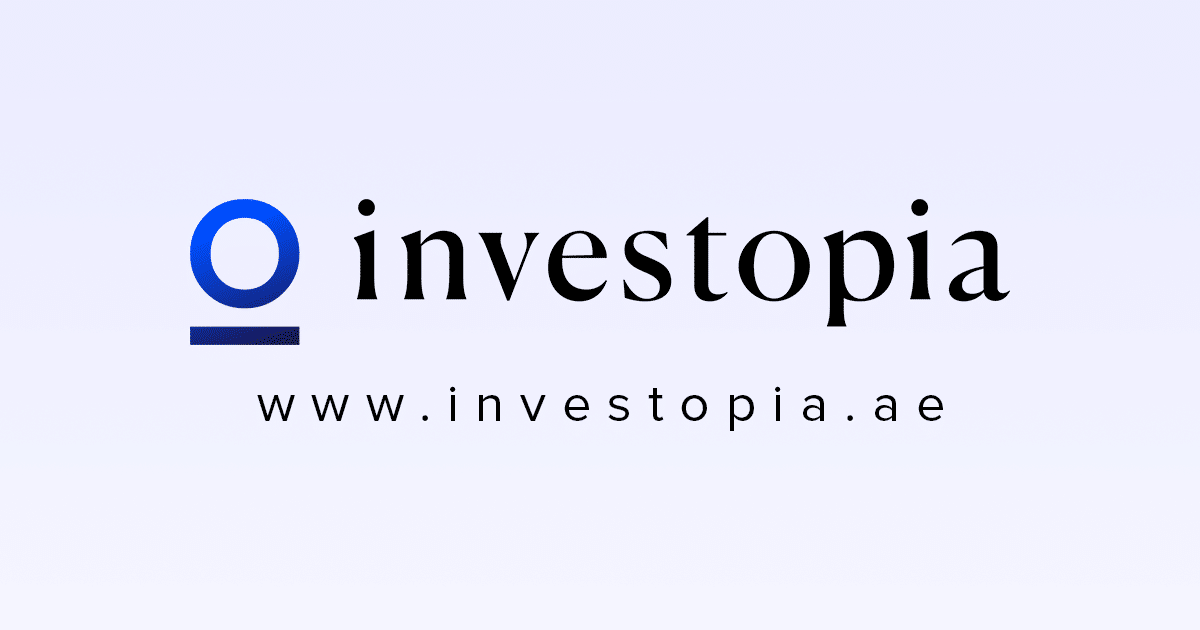Session Speakers:

Deniz Kent
Co-Founder and CEO, Prolific Machines
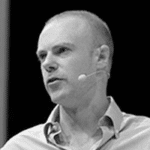
Frederick Blackford
Founder, Future Positive

Ryan Pandya
Co-Founder and CEO, Perfect Day
Share
Listen to this content
Key Takeaways
- The demand for meat is expected to almost double between now and 2050, but supply cannot double due to land and water shortages. There is a need for innovation in the agriculture industry to address these challenges.
- Cultured meat is a promising solution to address the challenges of increasing meat demand and environmental destruction. The process involves taking stem cells from an animal and reformulating meat products that people love without killing animals.
- New technologies and companies, such as Prolific Machines, are inventing ways to grow cells using extremely cheap inputs and temporal control, which helps with other industries, such as antibody production.
- Companies like Perfect Day are disrupting existing animal-based industries rather than working against them. They are collaborating with other industries, including the dairy industry, to help them create a new ingredient stream.
- There is a need to establish absolute volumes for the industry and generate the volume at a margin and cost that makes sense. This will require building a new supply chain and making financial sense to ensure the industry's success.
The global food industry is facing a significant challenge, as demand for meat is set to almost double between now and 2050, while supply cannot double due to land and water shortages. This was the central discussion point in the “Food Security in Times of Climate Change” session at the Investopia 2023 conference. The panel featured two entrepreneurs, Deniz Kent, Co-founder and CEO of Prolific Machines, and Ryan Pandia, Co-founder and CEO of Perfect Day, along with moderator Frederick Blackford, Founder of Future Positive.
The panelists discussed various ways to address the challenges of climate change and how innovations can help. Deniz Kent talked about the need to innovate our way out of the mess, citing the example of cultured meat. Prolific Machines is focused on inventing new ways to grow and control stem cells, with the initial application of growing cultured meat. Cultured meat is made by taking stem cells from an animal and then reformulating meat products without killing animals. This helps address the issue of supply shortages and environmental destruction caused by scaling animals.
Ryan Pandia talked about Perfect Day’s efforts to scale up and manufacture a protein identical to the protein in cow’s milk. The company has commercialized this in the US, Singapore, and Hong Kong as a more sustainable and greener way to make the same foods we have loved for years. He emphasized the need to change the food-making process rather than changing what people want to crave or buy.
The session also focused on the need for new technologies and companies to address food security challenges. The tools developed for cultured meat did not exist previously, and bioreactors have dramatically lowered costs and carbon imprints to produce this meat now. To maximize yields and minimize cost, we need new technologies and companies, such as Prolific Machines, that are trying to invent ways to grow cells using extremely cheap inputs and temporal control. This also helps with other industries, such as antibody production.
The panelists emphasized the need to collaborate with existing animal-based industries to build their companies. Ryan Pandia discussed the need to establish absolute volumes for the industry and generate volume at a margin and cost that make sense and make financial sense. The session also touched on the need for good company governance and board setup to attract world-class scientists and experts.
In conclusion, the panelists showed how innovation and technology could address food security challenges in times of climate change. As we face the challenges posed by climate change, it is essential to embrace new technologies and innovations that can help us build a sustainable and secure food supply for the future.


